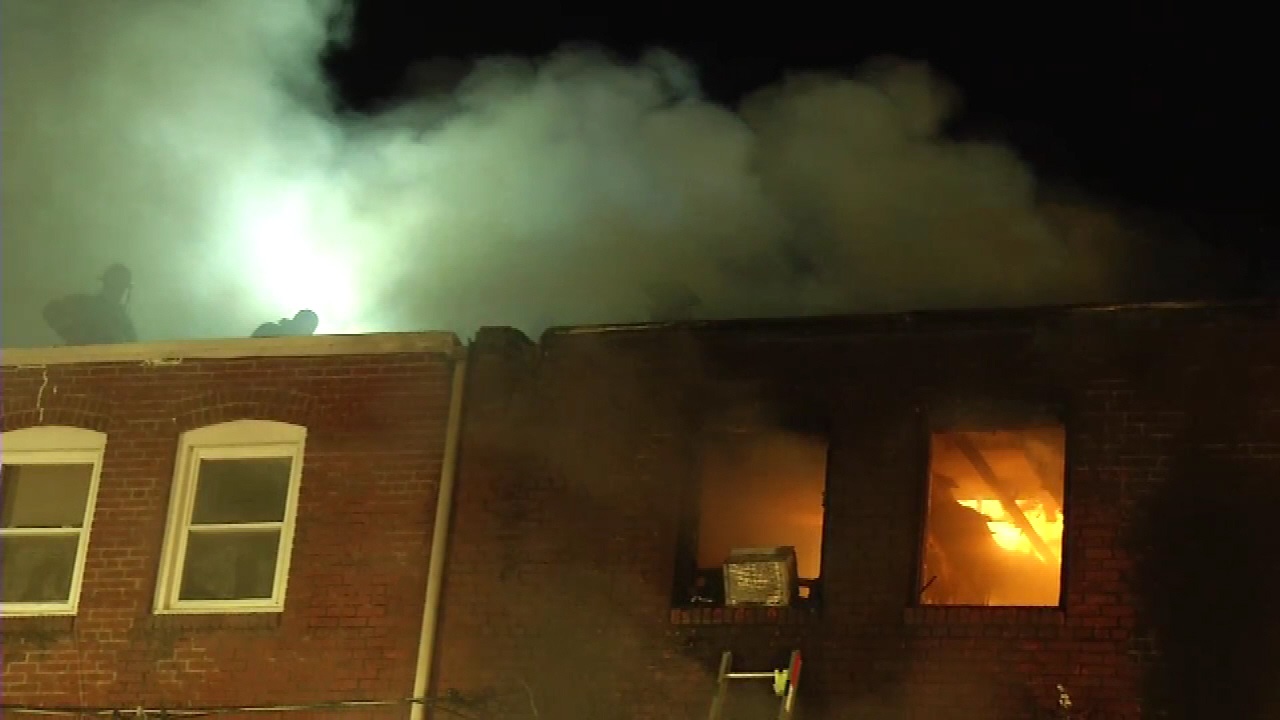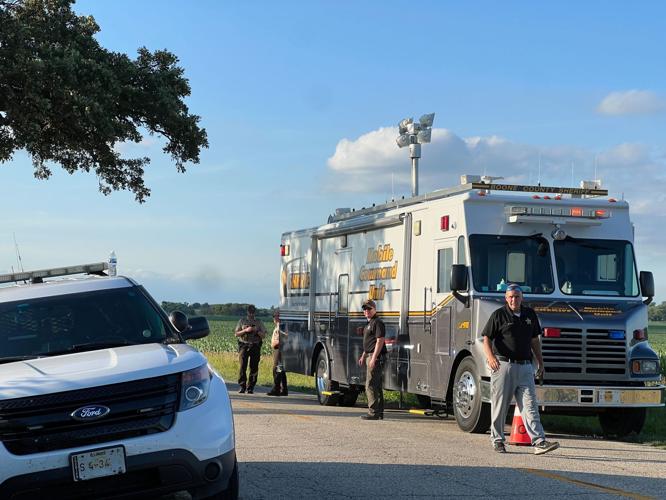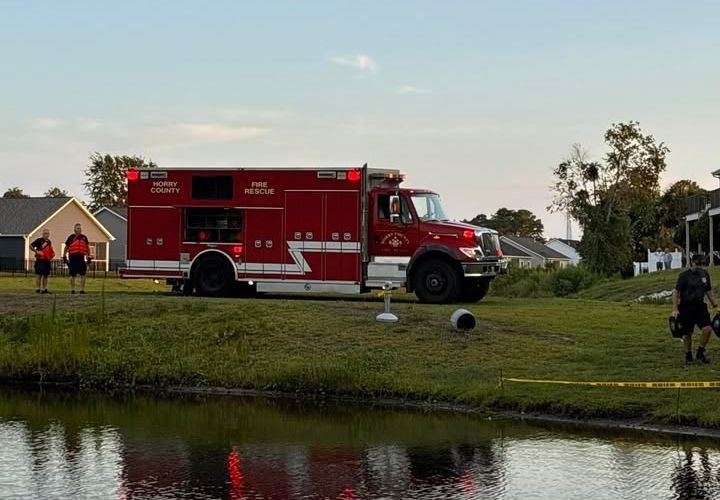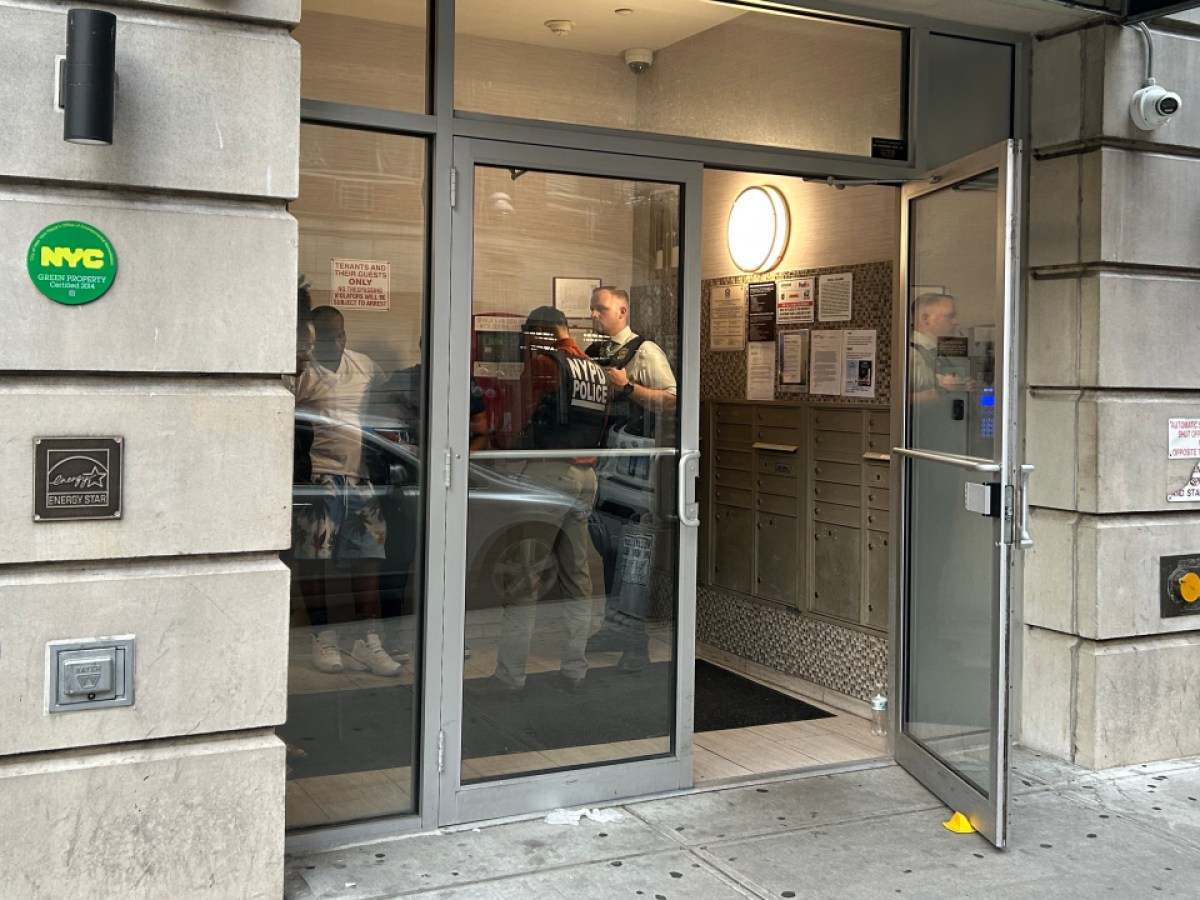The Supreme Court decided Thursday that a huge chunk of eastern Oklahoma stays an American Indian reservation, a choice that state and government authorities have cautioned could toss Oklahoma into turmoil.
The court's 5-4 choice, composed by Justice Neil Gorsuch, implies that Oklahoma examiners come up short on the power to seek after criminal arguments against American Indian respondents in parts of Oklahoma that incorporate the majority of Tulsa, the state's second-biggest city.
“On the far end of the Trail of Tears was a promise. Forced to leave their ancestral lands in Georgia and Alabama, the Creek Nation received assurances that their new lands in the West would be secure forever. ... Today we are asked whether the land these treaties promised remains an Indian reservation for purposes of federal criminal law. Because Congress has not said otherwise, we hold the government to its word,” Gorsuch wrote in a decision joined by the court's liberal members.
The court's decision provides reason to feel ambiguous about several feelings won by nearby examiners. In any case, Gorsuch proposed positive thinking.
“In reaching our conclusion about what the law demands of us today, we do not pretend to foretell the future and we proceed well aware of the potential for cost and conflict around jurisdictional boundaries, especially ones that have gone unappreciated for so long. But it is unclear why pessimism should rule the day. With the passage of time, Oklahoma and its Tribes have proven they can work successfully together as partners,” he wrote.
Oklahoma's three U.S. lawyers immediately discharged a joint explanation communicating certainty that “tribal, state, local and federal law enforcement will work together to continue providing exceptional public safety" under the ruling.
Jonodev Chaudhuri, minister of the Muscogee (Creek) Nation and previous chief justice of the tribe's Supreme Court, said the state's contention that such a decision would cause lawful ruin in the state was exaggerated.

















